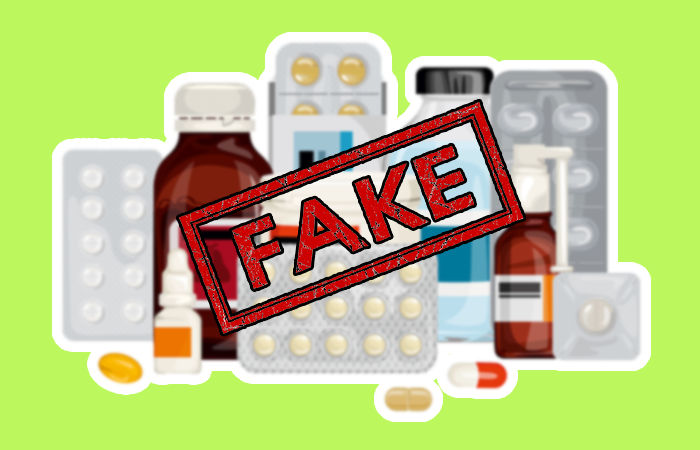Counterfeit Medicines: A Silent Threat to People’s Health
Across Khyber‑Pakhtunkhwa, the illicit trade in counterfeit medicines is escalating, quietly putting the health of millions at stake. The business is booming—from remote villages to densely populated urban areas—while regulatory oversight lags.
Rampant in Medical Stores with No Qualified Pharmacists
In Peshawar alone, reports estimate around 50,000 registered medical stores operate, yet a staggering 95% lack qualified pharmacists or valid certification. Many shop owners rent false credentials or operate entirely without legal authorisation.
One local resident described how prices for the same drug vary from store to store. Some shops employ untrained children or uninformed individuals rather than trained staff, creating opportunities for counterfeit and unsafe medications to be sold openly.
Alarming Inspection & Seizure Figures in 2025
From January to June 2025, the K-P Drug Control Department conducted 6,815 inspections of medical outlets. The results:
- 944 shops seized
- 214 samples identified as substandard
- 84 samples deemed outright spurious (fake)
- 70 shops sealed
- 1,198 prosecution cases filed
- 347 cases adjudicated
- Fines totaling Rs 6,176,000 imposed
These actions reflect some enforcement efforts, but many critics argue they remain insufficient given the scale of the problem.
Voices from Within: Students, Officials, and Citizens
A pharmacy student from Mardan emphasized that without stronger regulatory mechanisms, counterfeit medicines will continue to flourish. He called for legislation mandating a licensed pharmacist inside every medical store—not only to improve safety but to create employment within the sector.
Officials also acknowledge the challenge. The Chief Drug Inspector of K-P explained that licensing must strictly follow the Drug Act of 1976, and any violations should face legal consequences. During raids, even factories producing fake drugs have been targeted, he said emphatically.
Why This Crisis Demands Urgent Action
- Lives at risk: Fake and substandard drugs can fail to treat disease, cause harmful side effects, or lead to resistance in pathogens.
- Erosion of trust: When people lose faith in medicine quality, they may skip treatment or resort to unsafe alternatives.
- Regulatory gap: The disparity between legal standards and actual pharmacy operations fuels the counterfeit trade.
- Economic losses: Billions are lost daily by consumers who pay for drugs that are ineffective—often without knowing it.
The Way Forward: Strengthening Regulation and Enforcement
To reverse the trend and protect public health, concerted action is needed:
- Mandatory pharmacist requirement in every medical store.
- Rigorous licensing and verification of certificate authenticity.
- Regular, transparent inspections backed by legal follow‑up.
- Severe penalties for individuals, shops, and producers of counterfeit drugs.
- Public awareness campaigns to educate citizens about checking medicine quality.
- Stronger capacity and funding for the Drug Regulatory Authority and provincial drug control bodies.
Without decisive steps, the counterfeit‑medicine trade will continue to flourish—eroding trust, harming health, and undermining the integrity of Pakistan’s healthcare system.



Comments (0)
No comments yet. Be the first to comment!
Leave a Comment